By: Joel Leer
I’ve been wearing a string bracelet on my right wrist since I turned 56 on the second day of October. It’s much thicker than most string bracelets; it is, in fact, made up of twenty strings, woven for me by one of the young women with whom I’ve been traveling these last months. Each of the strings is a different color, each chosen by one of the twenty Global Semester students. Handmade with individually intentionally selected colored strings.
“That’s mine. The royal purple one,” a student tells me on an excursion one afternoon. “As you probably guessed, mine is the pink one,” another student shares. “Oh dumb, I forgot which color I picked,” a third says with alarm.
“It doesn’t matter,” I reply to her, “You picked it. It’s there.”
These twenty students, and by association Elizabeth and I, their leaders, have lived fortunate lives this fall and early winter. And yet, each also took a chance. They gambled. They were willing to step beyond themselves, step out of themselves, and become part of the fabric of our group and the world around them. Introverts (one who self-describes as a “raging introvert” who looks forward to the next pandemic) and extroverts, talkers and listeners, active and inert, experienced travelers and wide-eyed rookies—they were all there, all committed to acknowledging each other individually and collectively as all part of the gift. That’s where the title of this blog was born: in the unrelenting commitment this group of twenty has shown to inclusivity, flexibility, patience, and quite frankly, love for and toward each other. A journey of this type with this many requires all of those qualities to emerge at a moment’s notice. And emerge they did—early and often.
Some of our Tables for Twenty
We are all going to settle back into our “normal” lives over the holidays and into January. As we do, the question is bound to come: How was it? It’s a big question–so big that Elizabeth even built a practice session into her last class session of the semester on how each of them might answer it.
One of the things I frequently asked of these young men and women was to lean in. We are confronted with uncomfortable truths throughout our time on earth – and the human mind and heart have honed the ability to lean in every direction except in. We avoid. We cast off. We dismiss. We cancel. We quit. Leaning in meant these twenty couldn’t do any of those far easier options. Instead, they listened, they reflected, they wrestled, they learned, and they refused to acquiesce. It took some time, for sure. There was an arc to that part of the story, but across the entire group, students became less and less inclined to give in to the easiest, most comfortable response.
Case in point, on an excursion in Vietnam, some of the students participated in “hand fishing”—literally wading in calf-deep water and catching fish with their hands. The fish were dumped there from plastic buckets right before the fishing experience—some were already near death, and others were sluggish—not much of a challenge to catch. The fish were then carried to a grassy area, where dead or not, they were impaled through their mouths with sharpened bamboo sticks, which were then driven into the ground in a cluster. Our host then filled in all the space around, in between, and on top of the fish with dried grass, then lit the whole pile on fire. We watched as the fire burned and the fish cooked, wiggling a few last times before giving in to the inevitable. All this was even hard for me—so I knew it was challenging a number of our students, some who couldn’t even bear to watch. Early September globies might have been harsh judges of this event. Late November globies, however, knew that was the easy way out, and instead leaned into their feelings, the cultural differences, and the strangeness of it all to again squeeze all the learning they could from this experience. And when all was said and done, many even tasted the fish. How was it?
Saigon has a rich problematic history—problematic particularly when viewing that history through the American lens through which we all view the world. The war remnants museum holds not only a number of cast-off US military vehicles of different types, but also a significant collection of photographs and testimonials—not for the faint of heart, I assure you, and particularly challenging to reconcile with our more idealistic beliefs about the virtue of our home country. Virtue, and for that matter, honor, courage, integrity, and decency, are hard to find amongst those words and images. We found ourselves in the “U.S. War Crimes” room—and the rest of the museum for that matter, a number of days earlier than originally planned. Two globies had inadvertently been given a sneak peek at the museum a week prior and felt the importance of and the gravity of the War Remnants Museum did not fit well in its originally scheduled timeslot—on Thanksgiving Day, immediately before the festivities of a traditional American Thanksgiving dinner. So we went four days earlier and gave the museum its due. I cannot honestly say those September globies would have thought this through as they did in November, but they certainly did in November—leaning in when they didn’t even have to, when no one would have noticed if they hadn’t. How was it?
Each of the twenty students will have to lean in and reflect deeply to find their answer—one they may have to rehearse, one that may evolve over time, one with which they will have to be satisfied—as hard as satisfaction may be to come by. Some may even find it necessary to turn the question—turn it into one that will allow them to really explain how it was. I hope the limits of language won’t let them down.
How was it? Personally, I’ll ponder a moment as I turn the string bracelet on my wrist as if searching within its weaving for that elusive answer. A little dirty now. Twisted. A bit frayed. Still plenty of days left to wear it. “It was this,” I’ll say, and hold up my wrist so each person who asks can see. Twenty students. One semester. One world. All woven together. It was this.

And that answer will have to do.
Sincerely,
Joel


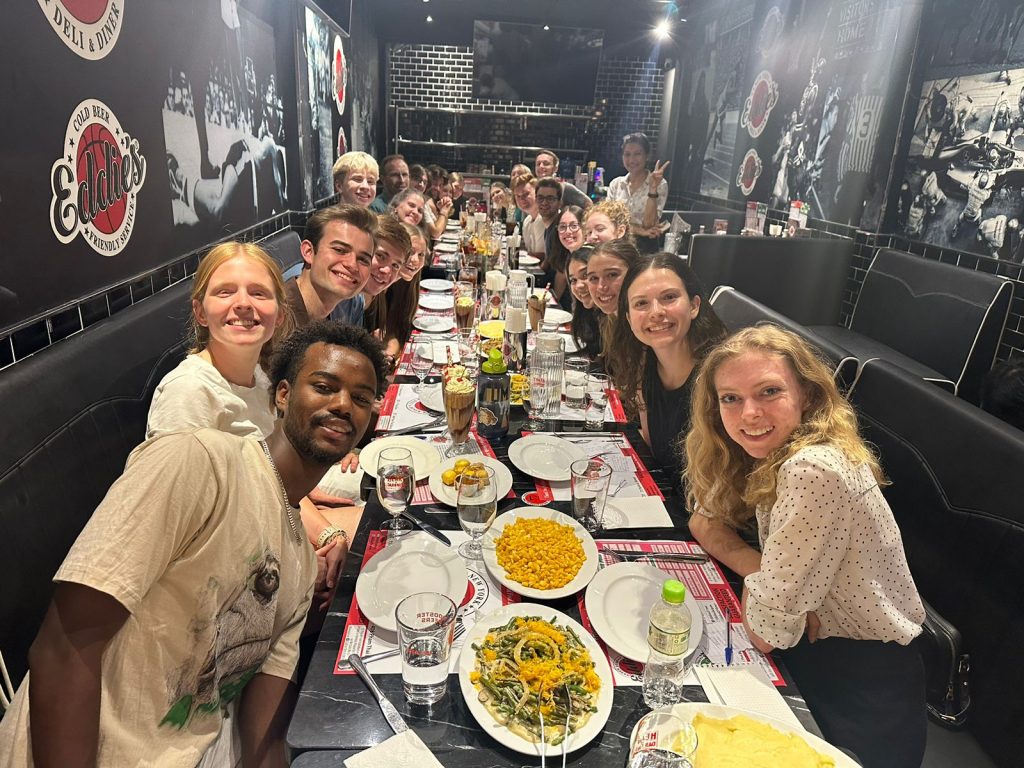
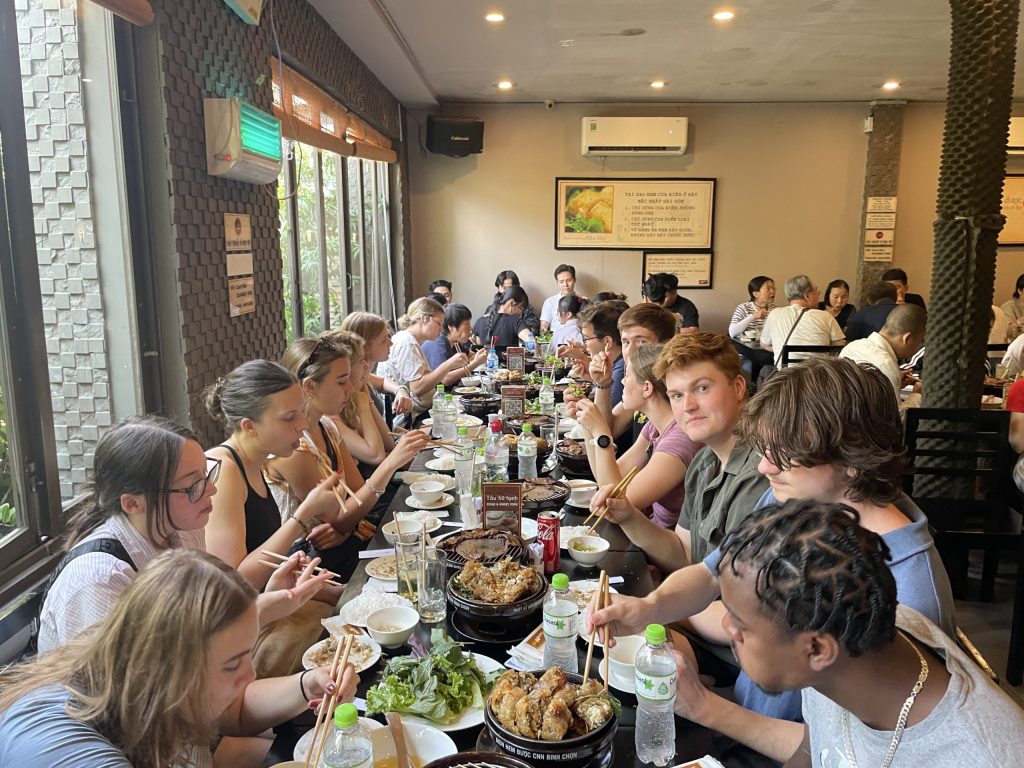
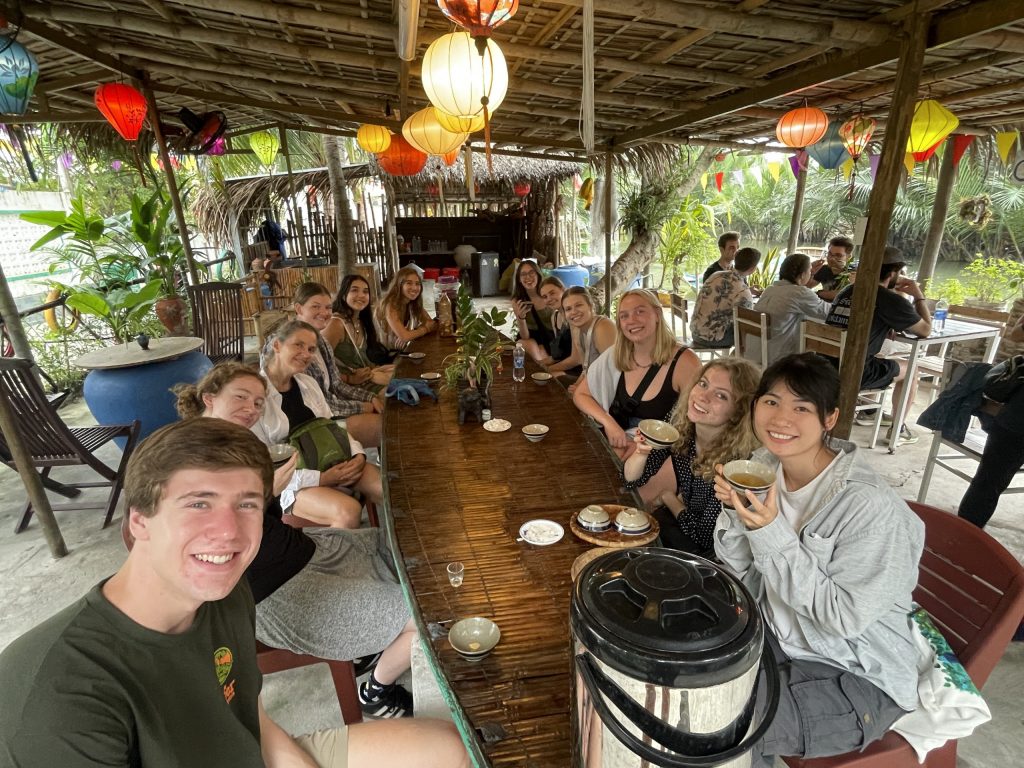
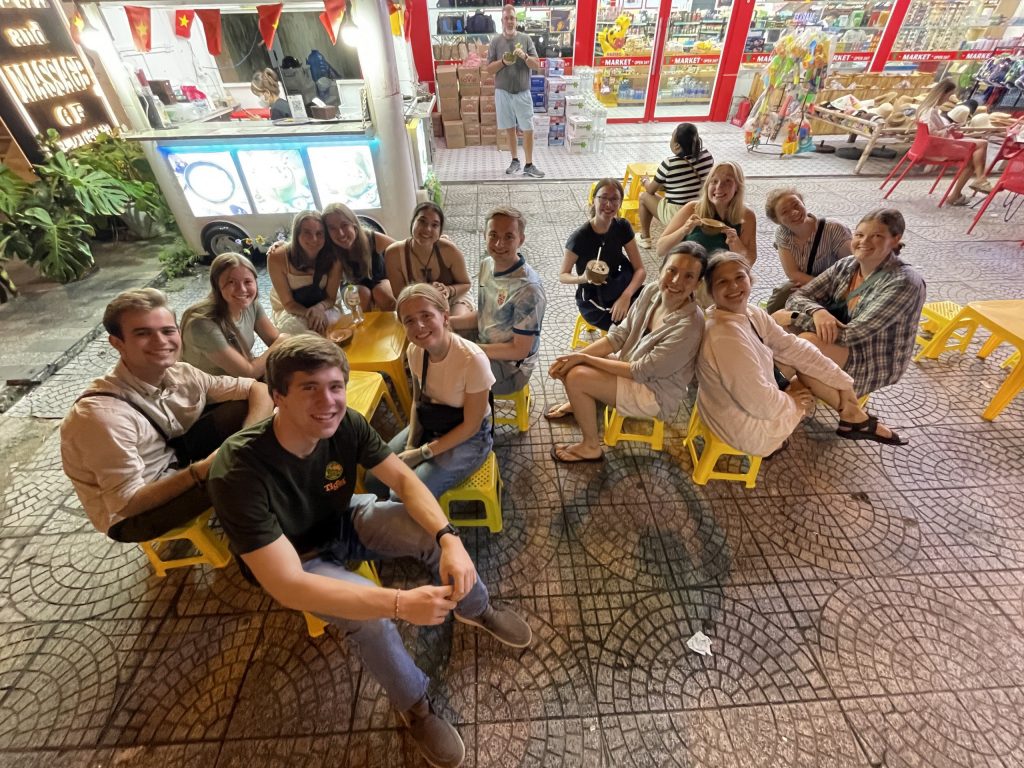
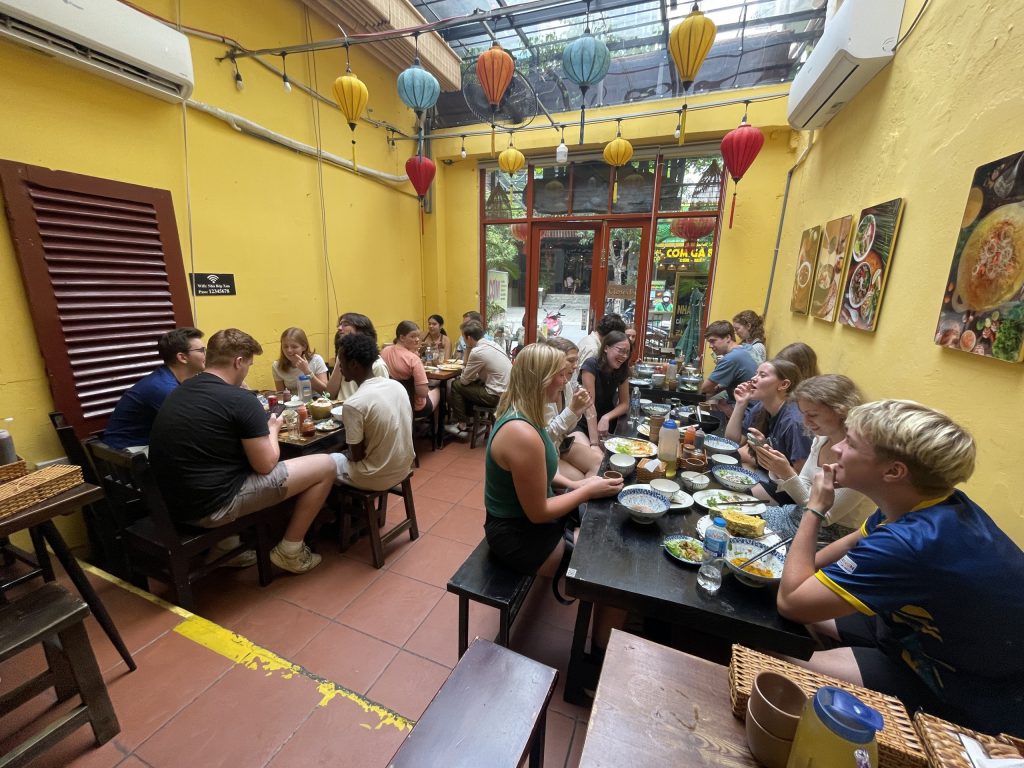
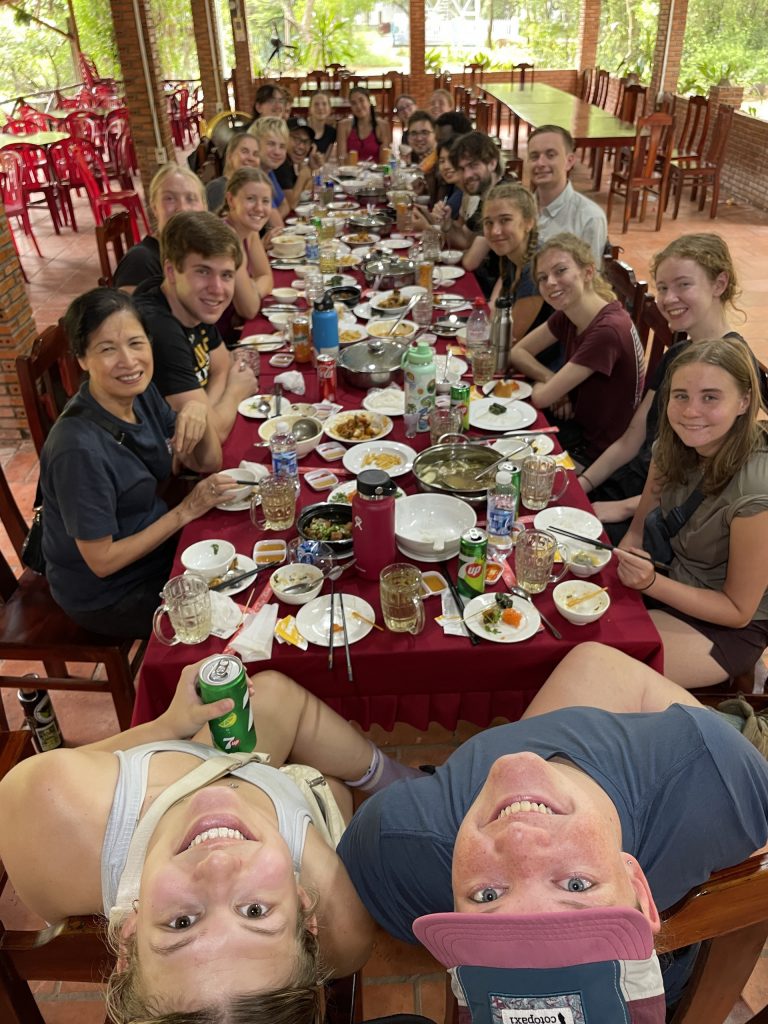
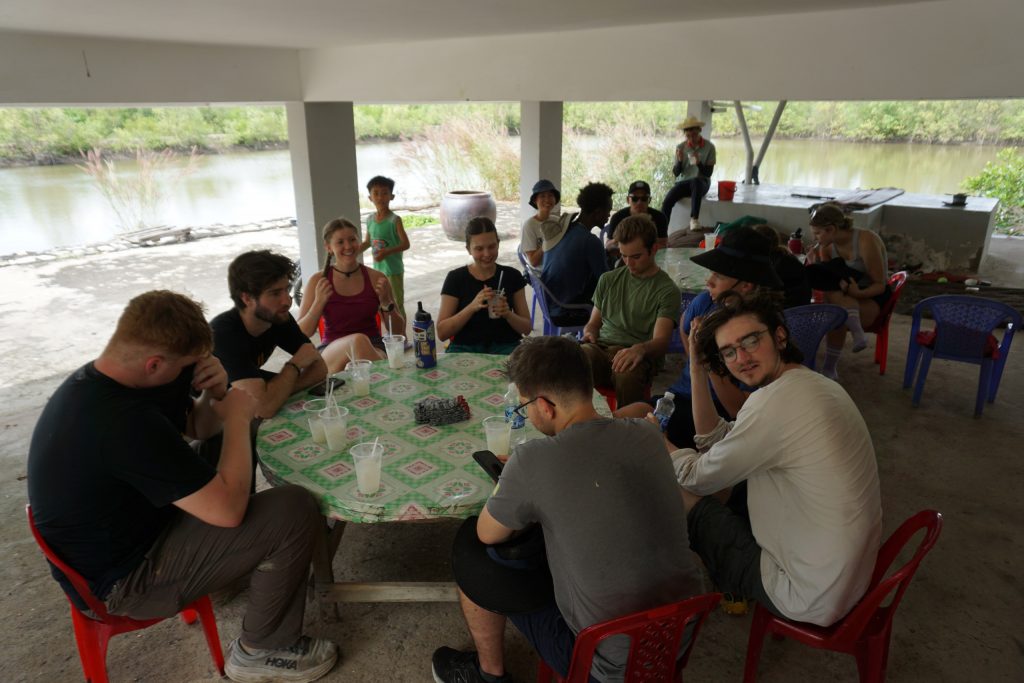
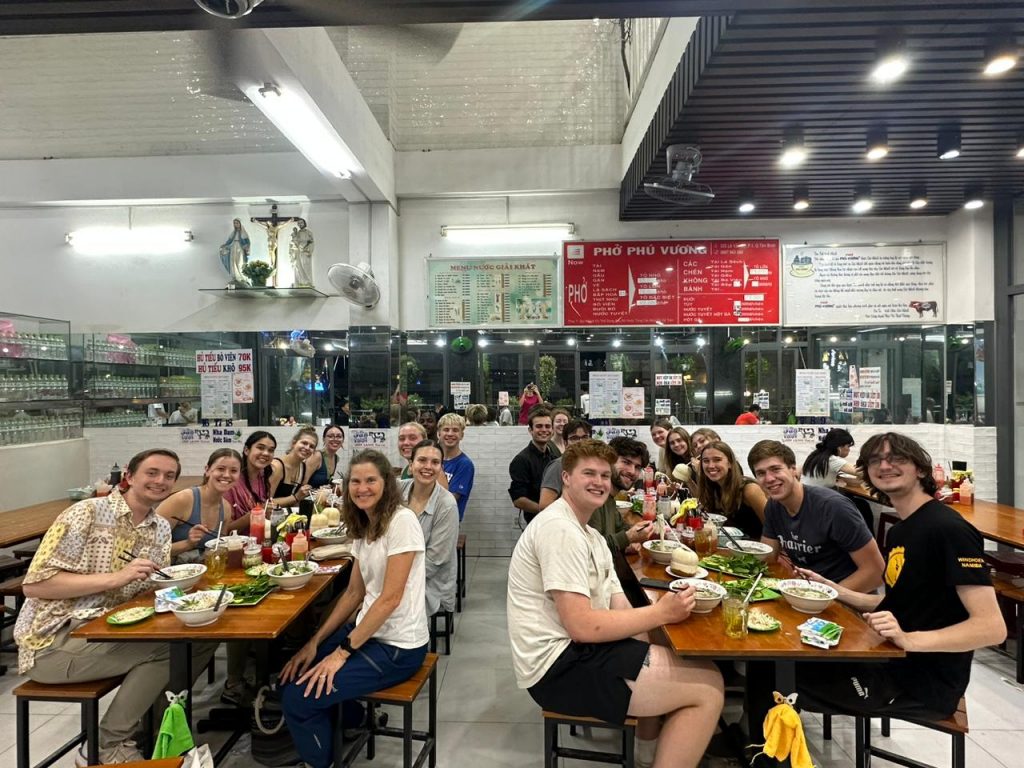
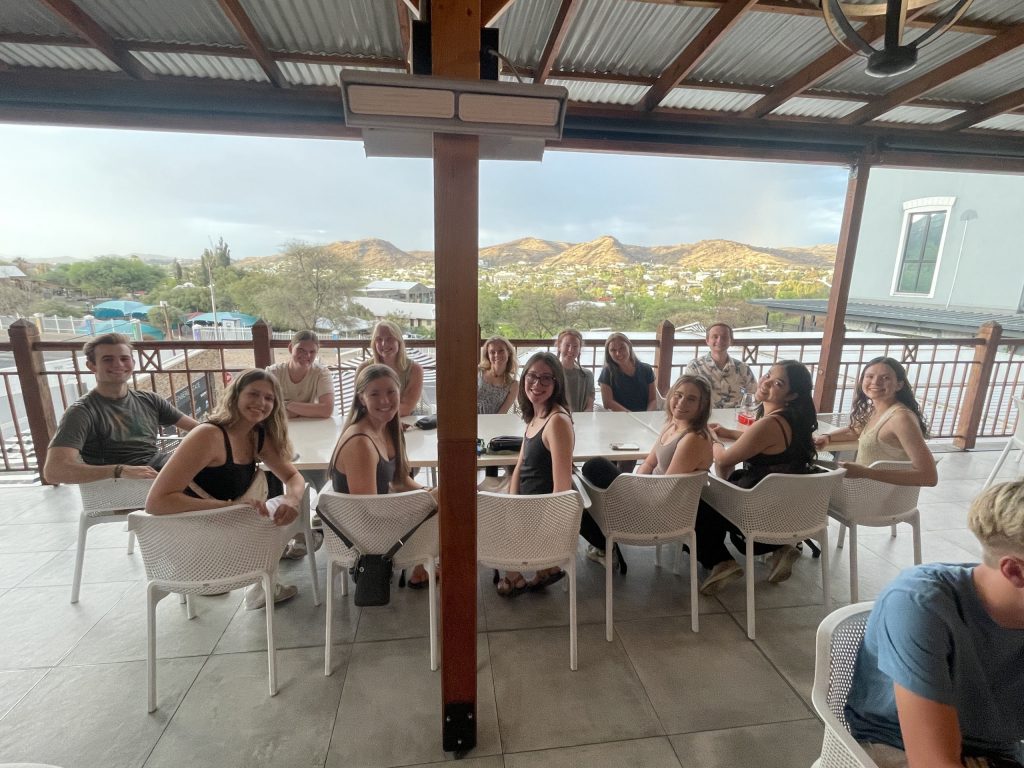
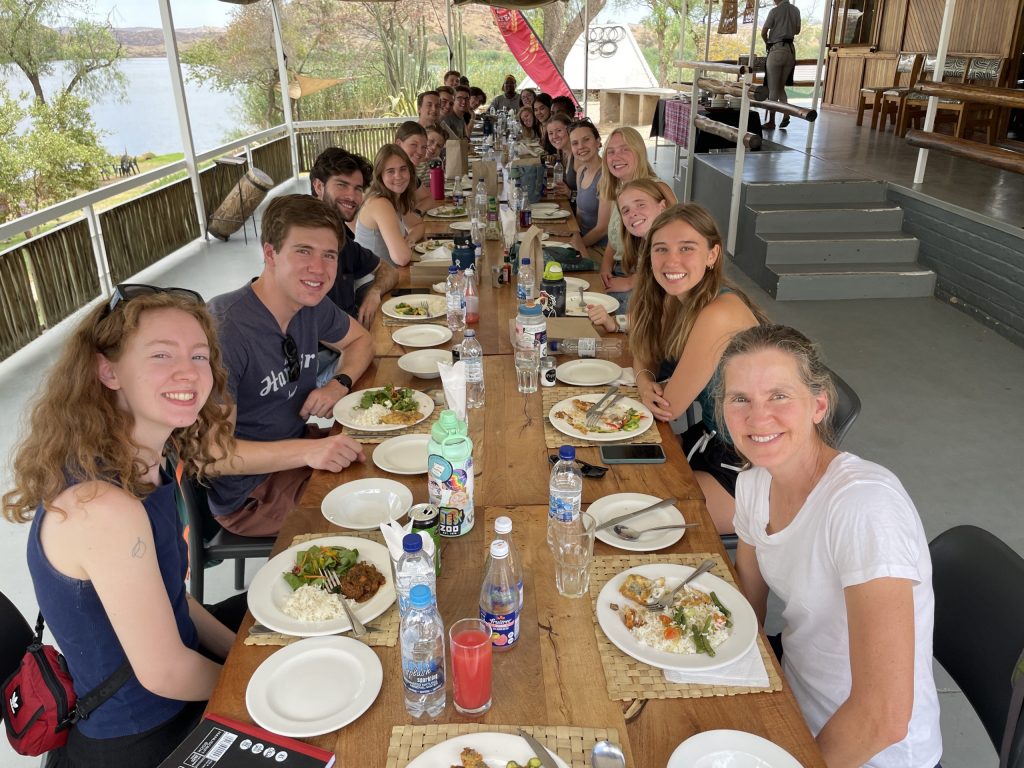
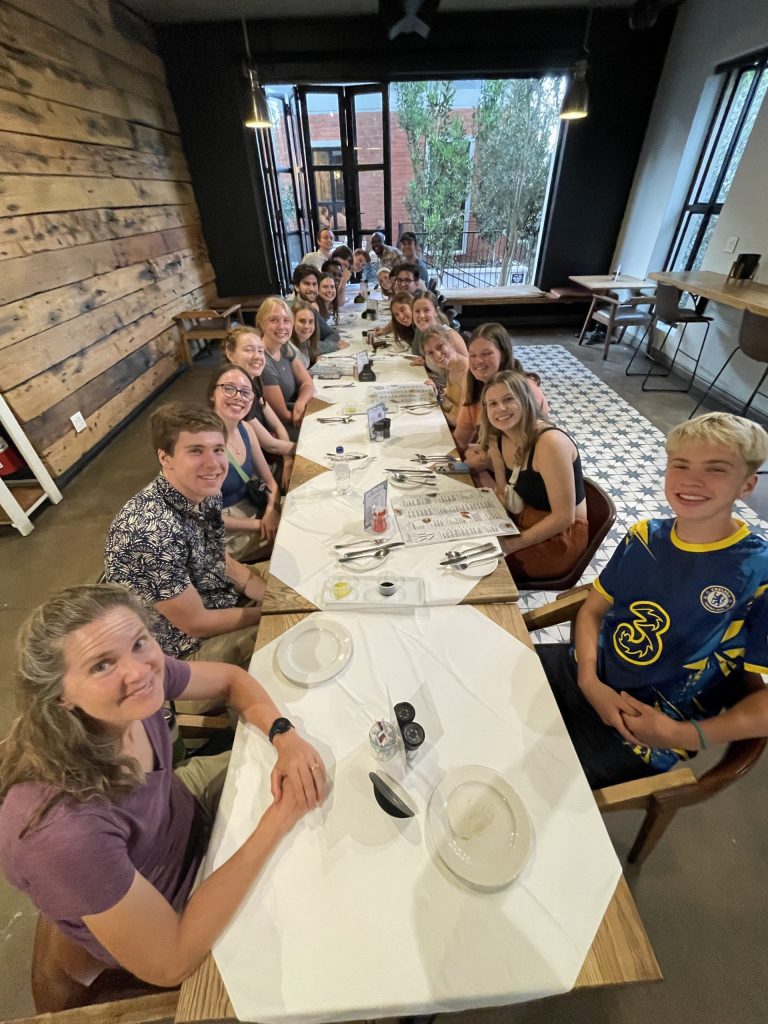
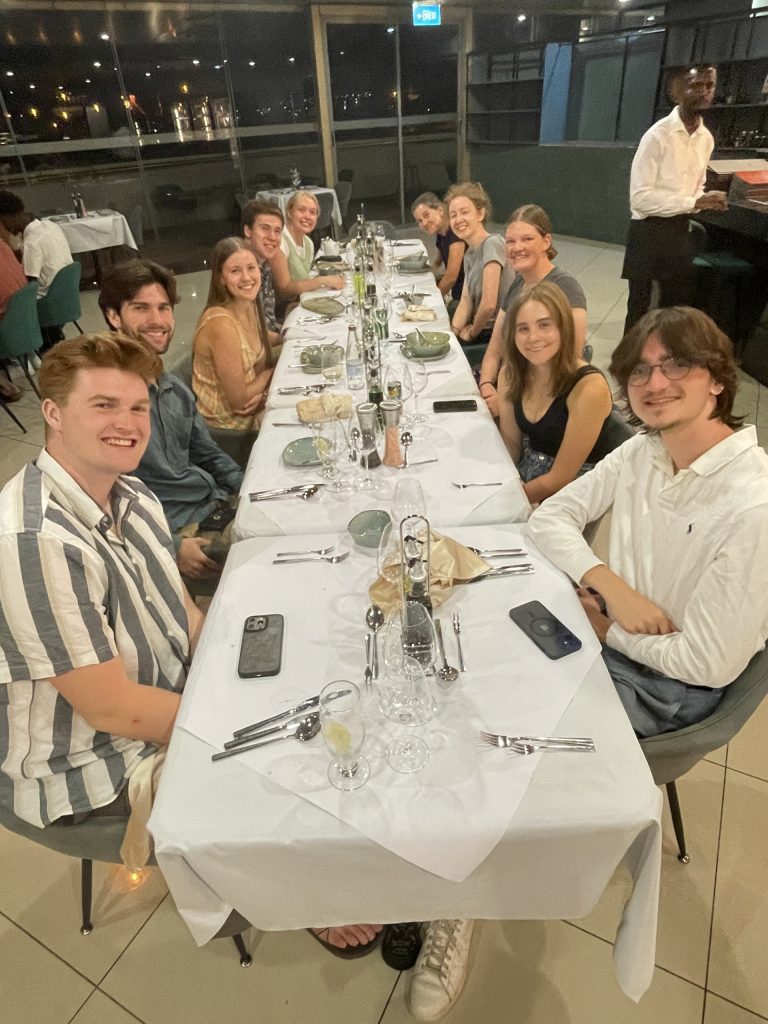
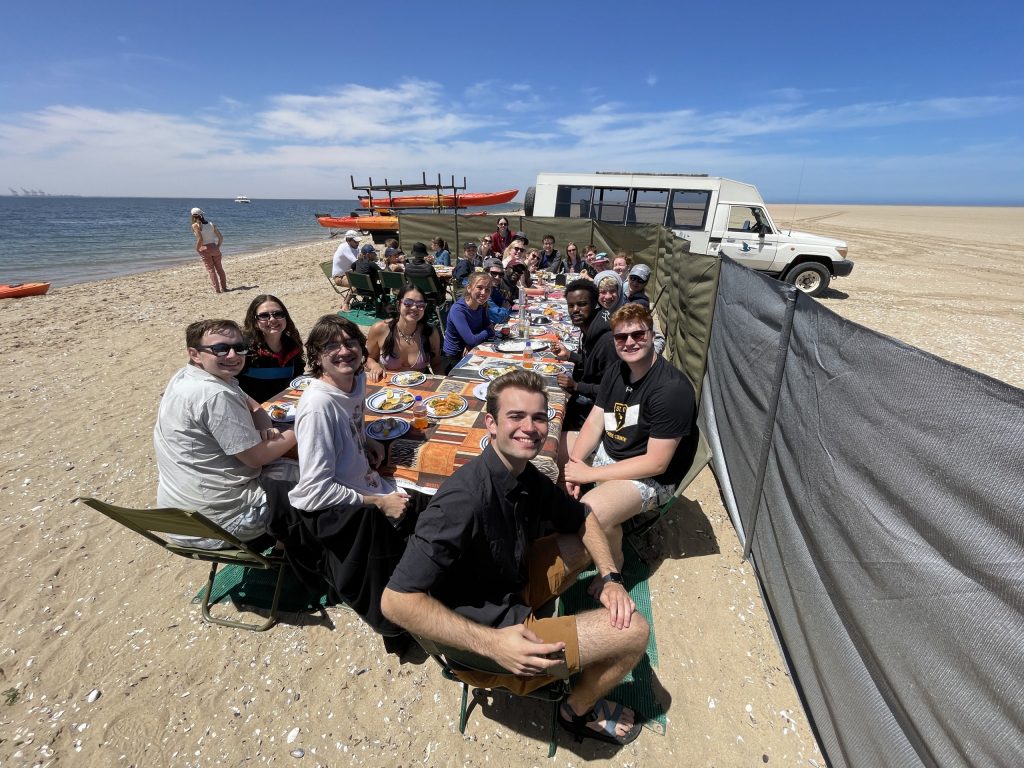
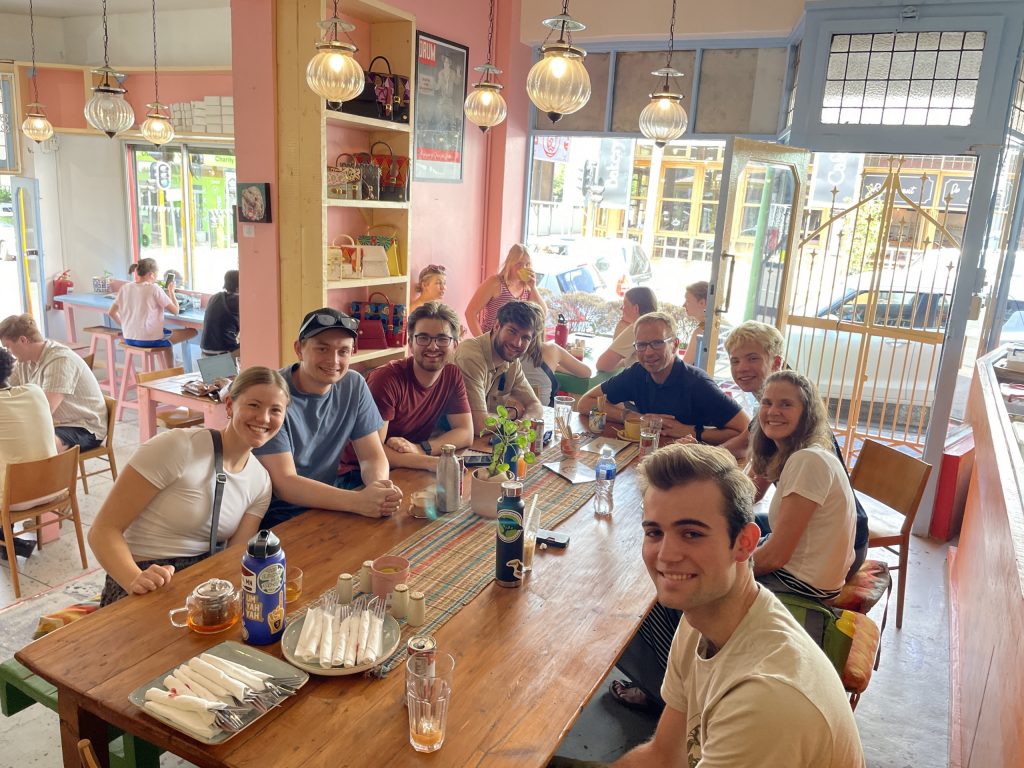
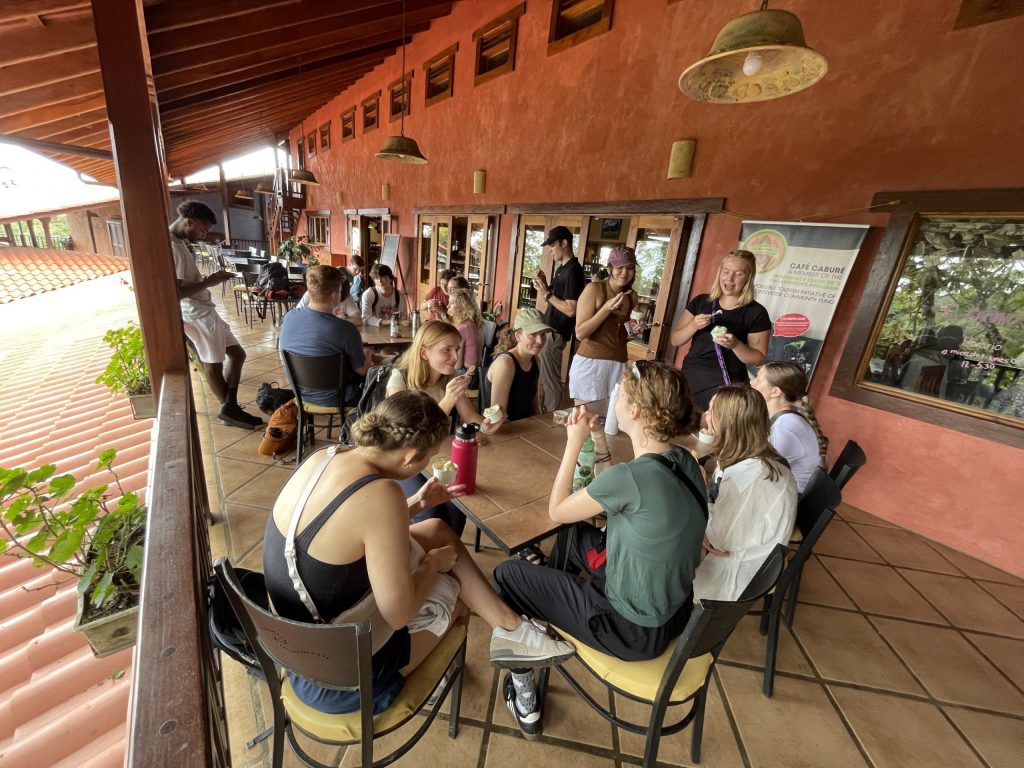
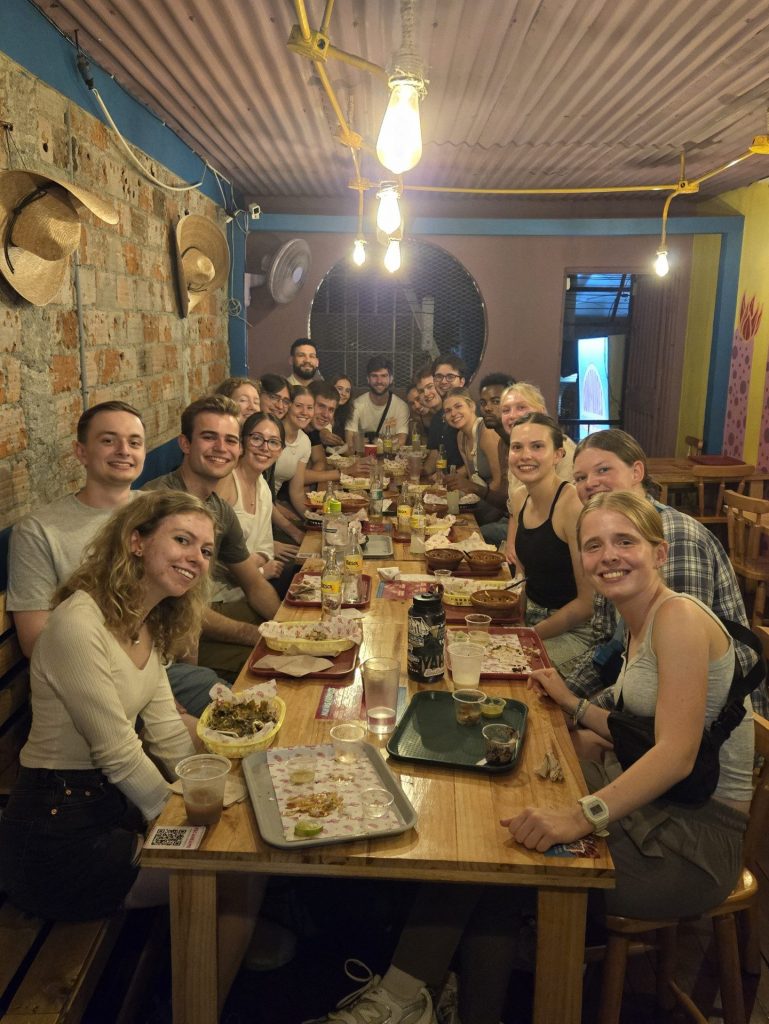
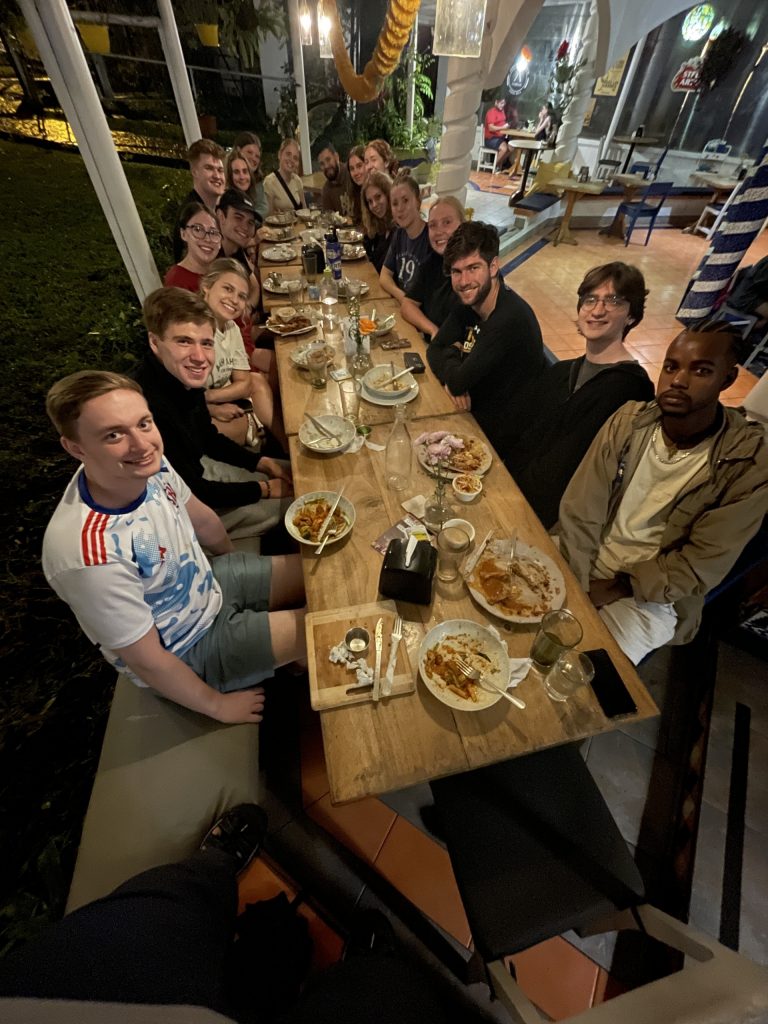
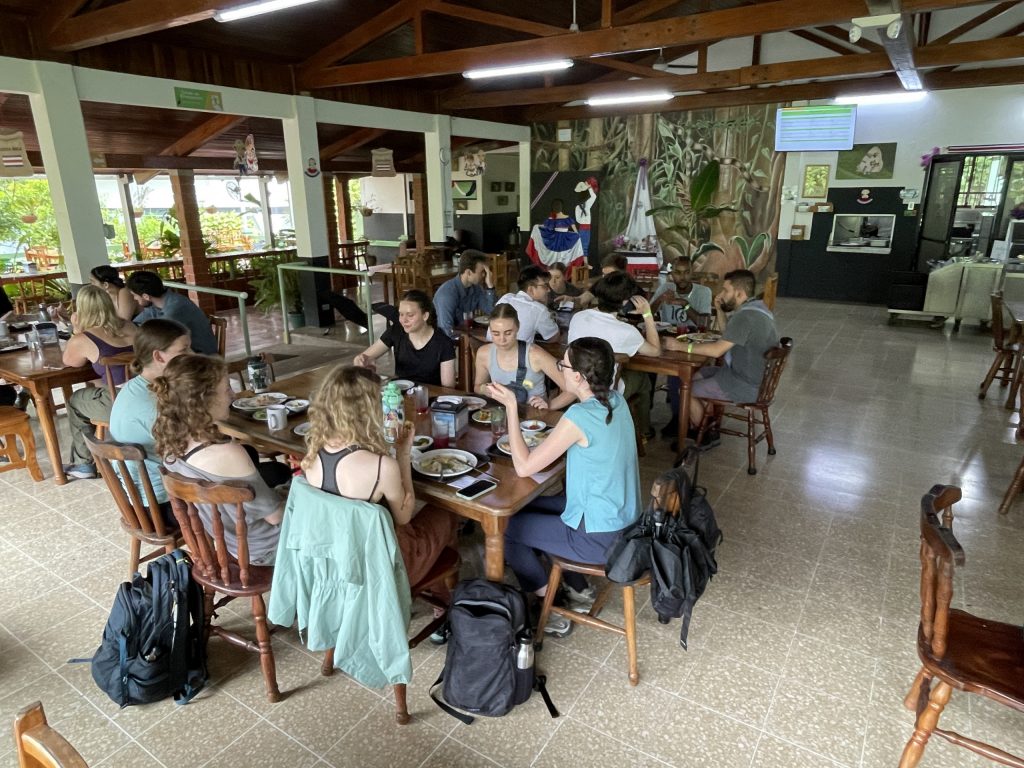
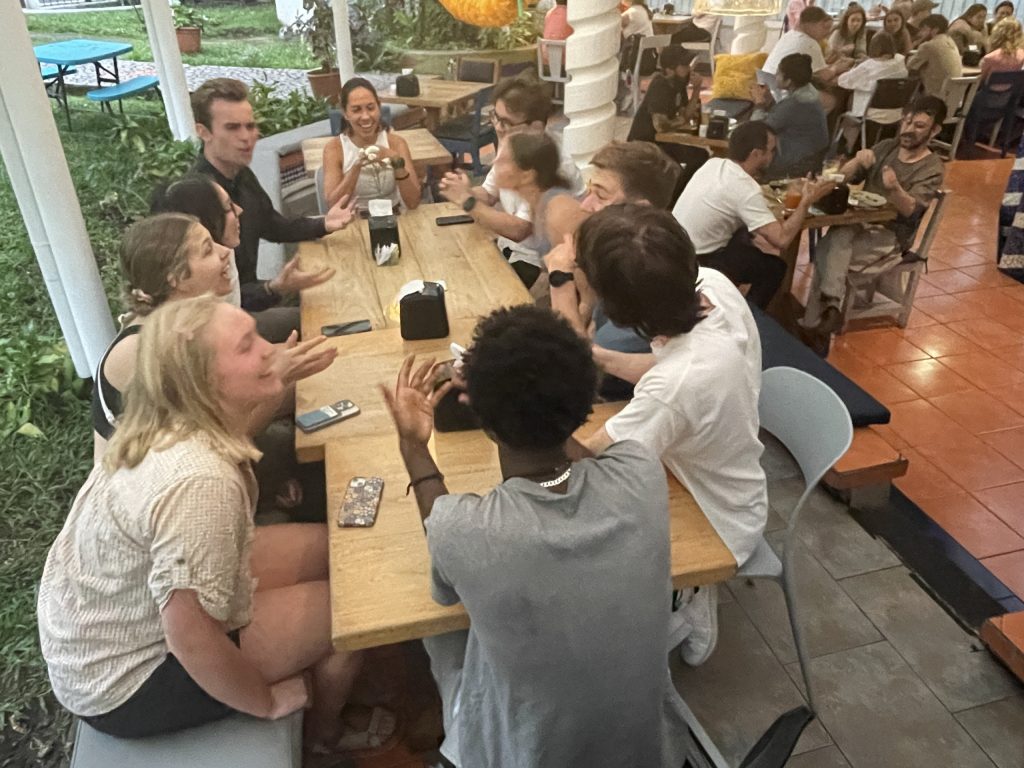
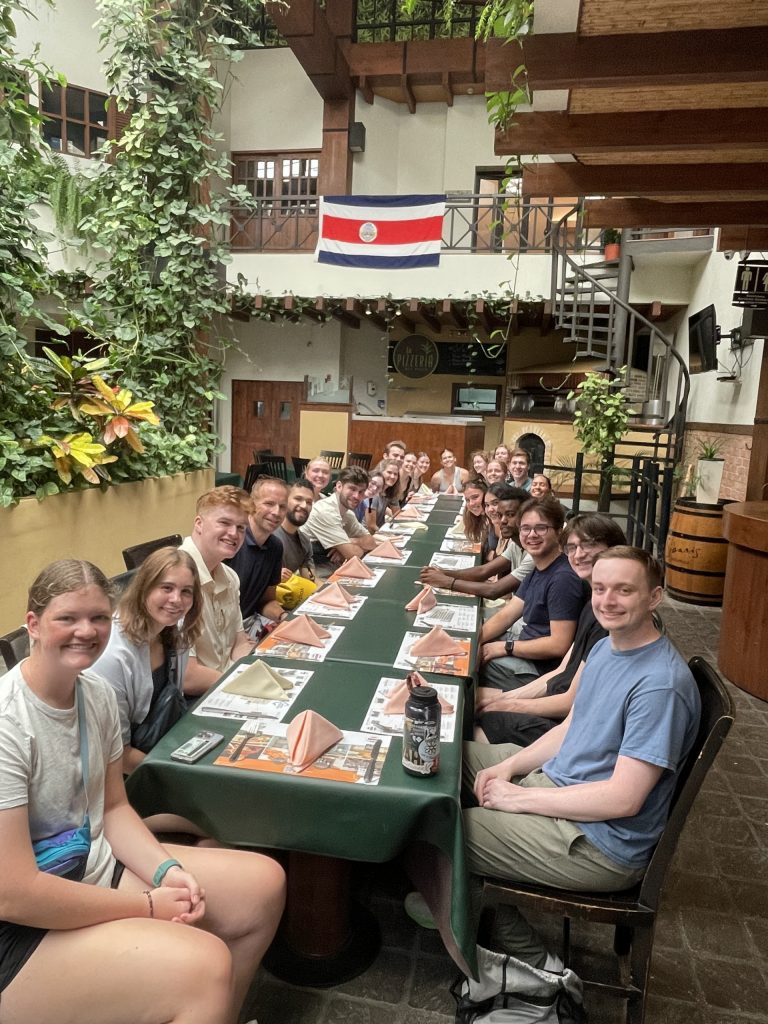
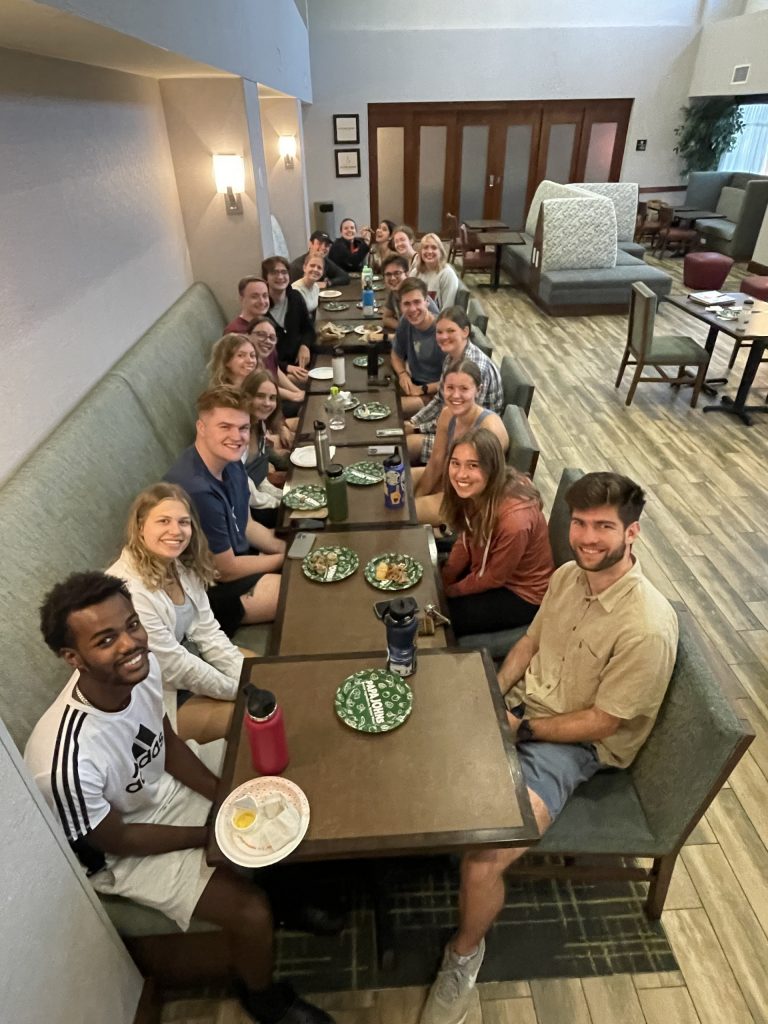
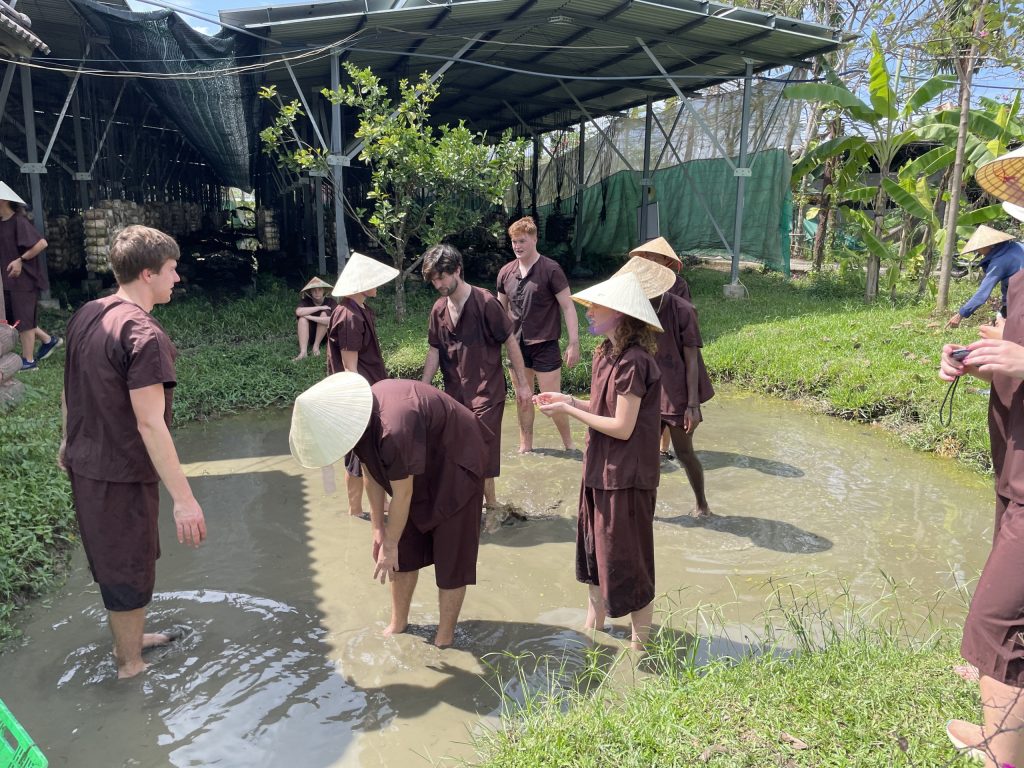
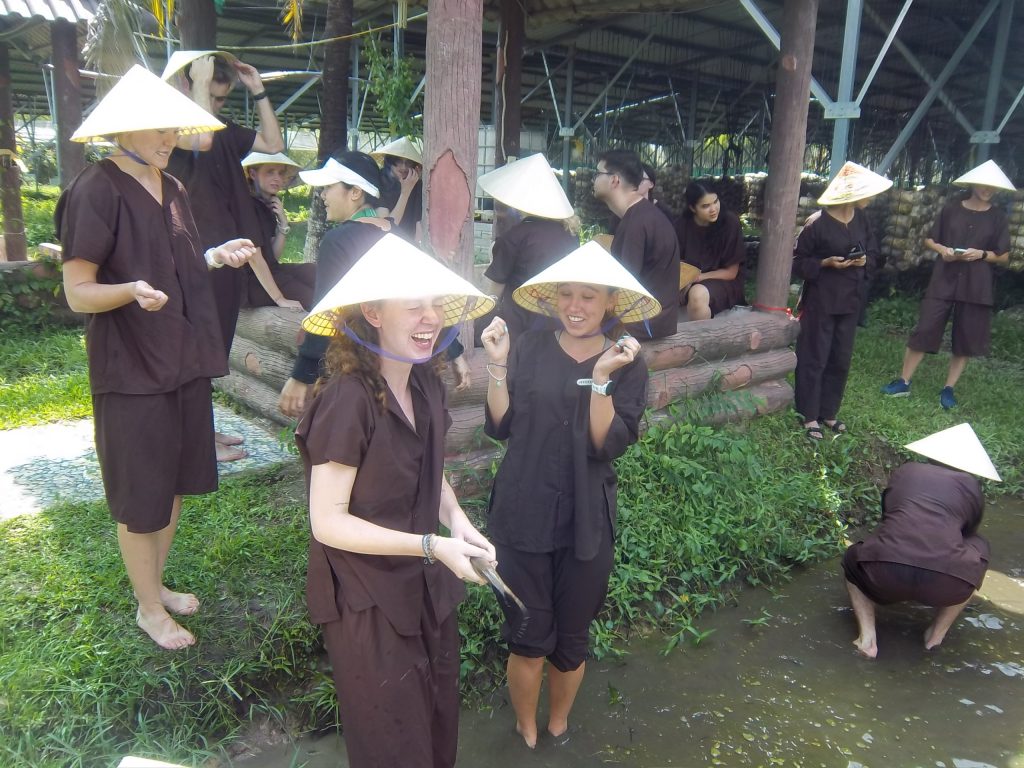
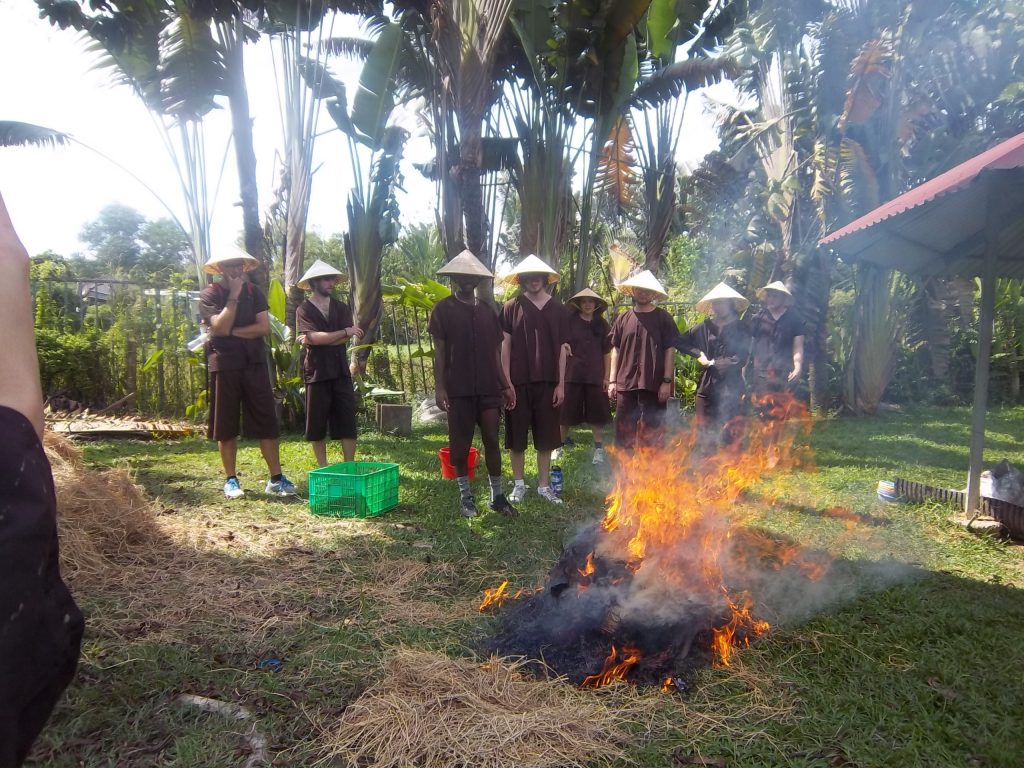
Leave a Reply